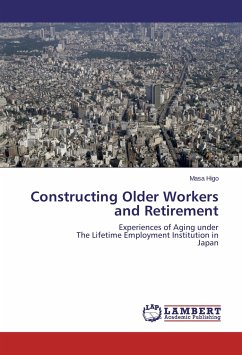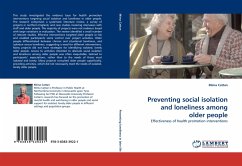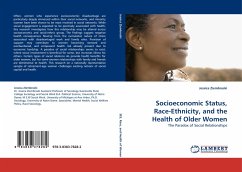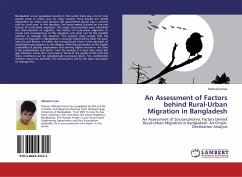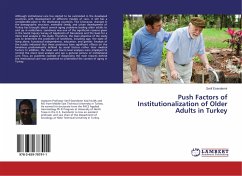
Push Factors of Institutionalization of Older Adults in Turkey
Versandkostenfrei!
Versandfertig in 6-10 Tagen
27,99 €
inkl. MwSt.

PAYBACK Punkte
14 °P sammeln!
Although institutional care has started to be outmoded in the developed countries with development of different models of care, it still has a considerable place in the developing countries. This is because, changes in the demographic structure, extended family, and urban development of Turkey has brought about several aging problems leading older adults to end up in institutions. Loneliness was one of the significant reasons given in the Social Inquiry Survey of Applicants of Darulaceze and the basis for a micro level analysis in this study. Therefore, the main objective of the study was to d...
Although institutional care has started to be outmoded in the developed countries with development of different models of care, it still has a considerable place in the developing countries. This is because, changes in the demographic structure, extended family, and urban development of Turkey has brought about several aging problems leading older adults to end up in institutions. Loneliness was one of the significant reasons given in the Social Inquiry Survey of Applicants of Darulaceze and the basis for a micro level analysis in this study. Therefore, the main objective of the study was to determine the predictors of loneliness, including age, the state of living alone, functional independence, education, and gender. Analysis of the results indicated that these predictors have significant effects on the loneliness predominantly defined by social factors rather than medical factors. In addition, the meso and macro level analyses were employed to control the micro level analysis and see a general picture of institutional care. Thus, an academic example of diagnosing the main reasons behind the institutional care was presented to understand the context of aging in Turkey.




